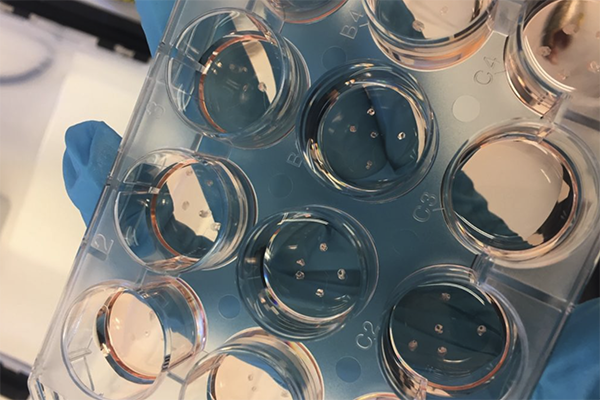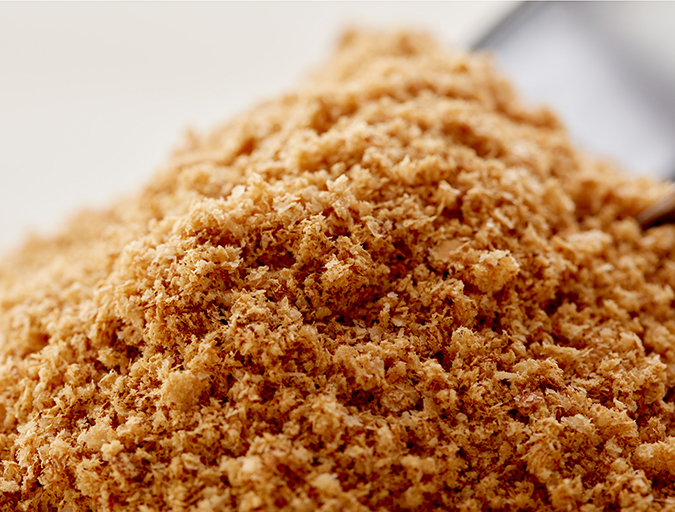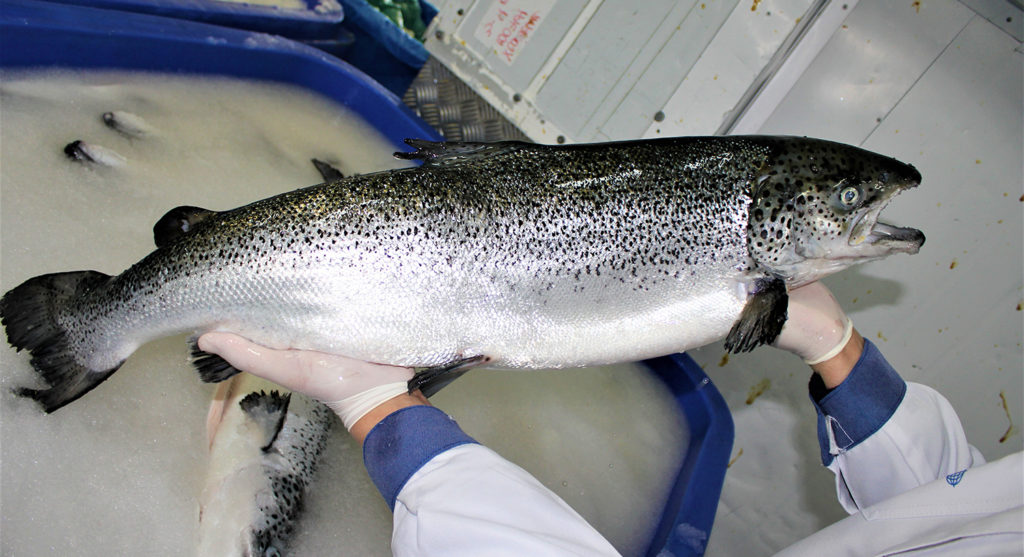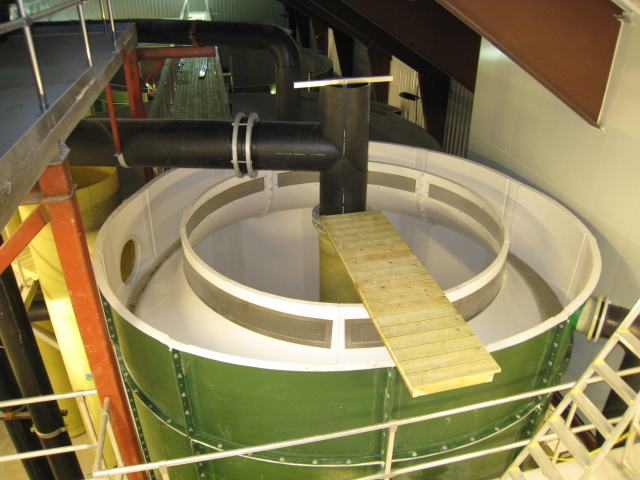Nofima aims to glean insights on how cod, salmon and lumpfish tackle challenges in their farm environments

Norwegian food research institute Nofima is developing a methodology to help aquaculture understand climate-change-related stress for species like cod, salmon and lumpfish.
Staff scientist Elisabeth Ytteborg and colleagues have created tools to compare how stressful environments affect various species’ immune systems. New in vitro models involve the cultivation of cells from fish organs, like the skin and nose. The fish then indirectly inform the researchers how they address changing conditions in net-pen environments.
By using cell models, scientists can gain valuable information without using animals in trials.
“We need more knowledge about temperature and fish resilience. We can make real progress by using cell models,” Ytteborg said in a recent company update.
Bacterial diseases may increase as water temperatures rise, and the three species under evaluation (salmon, cod, lumpfish) do not thrive at higher temperatures.
While Norway’s cod-farming industry is not large, its national cod breeding program has been running for 20 years. That knowledge should be transferred to other relevant species, added Lill-Heidi Johansen, head of fish health in the national cod breeding program.
“Climate change brings along new challenges related to fish health. This is a field that has so far been given little priority,” said Johansen. “We need to improve our toolbox so that we are prepared to meet health challenges that may arise, including species other than cod and salmon.”
Nofima’s models will be used in research for the industry and will be further developed. The institute received Norecopa’s 3R animal research prize in 2021 for its work on developing alternatives to animals in experiments.
Follow the Advocate on Twitter @GSA_Advocate
Now that you've reached the end of the article ...
… please consider supporting GSA’s mission to advance responsible seafood practices through education, advocacy and third-party assurances. The Advocate aims to document the evolution of responsible seafood practices and share the expansive knowledge of our vast network of contributors.
By becoming a Global Seafood Alliance member, you’re ensuring that all of the pre-competitive work we do through member benefits, resources and events can continue. Individual membership costs just $50 a year.
Not a GSA member? Join us.
Author
-
Responsible Seafood Advocate
[103,114,111,46,100,111,111,102,97,101,115,108,97,98,111,108,103,64,114,111,116,105,100,101]
Related Posts

Aquafeeds
Bridging the omega-3 gap with methane, microalgae
Innovation is leading to new ingredient options for renewable sources of omega-3 fatty acids. But Replicating long chain fatty acids is a tall order, Advocate contributor Lisa Duchene discovered.

Intelligence
Effect of superchilling on Atlantic salmon quality through the value chain
Study assesses water holding properties and other quality attributes achieved through superchilling Atlantic salmon through the value chain until smoking.

Health & Welfare
Norwegian salmon smolt farms embracing RAS to raise production
Smolt production in Norwegian hatcheries will likely increase during the next decade to answer salmon grow-out needs. Farmers are converting existing flow-through systems to partially or fully incorporate recirculation technologies.



